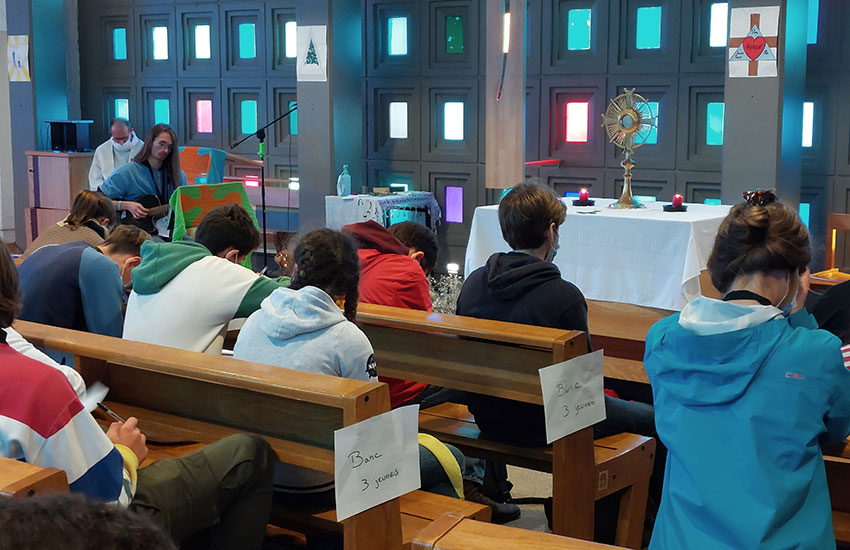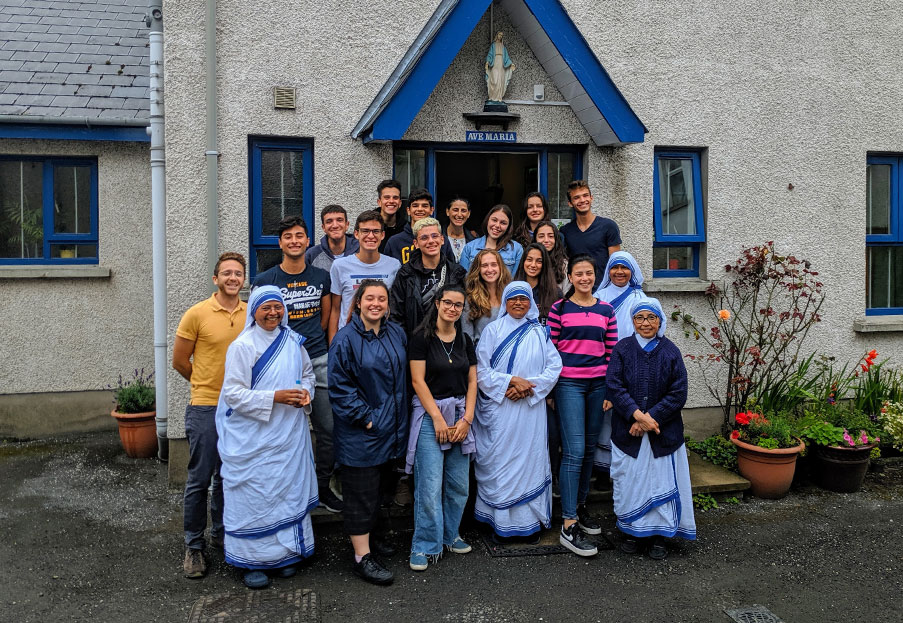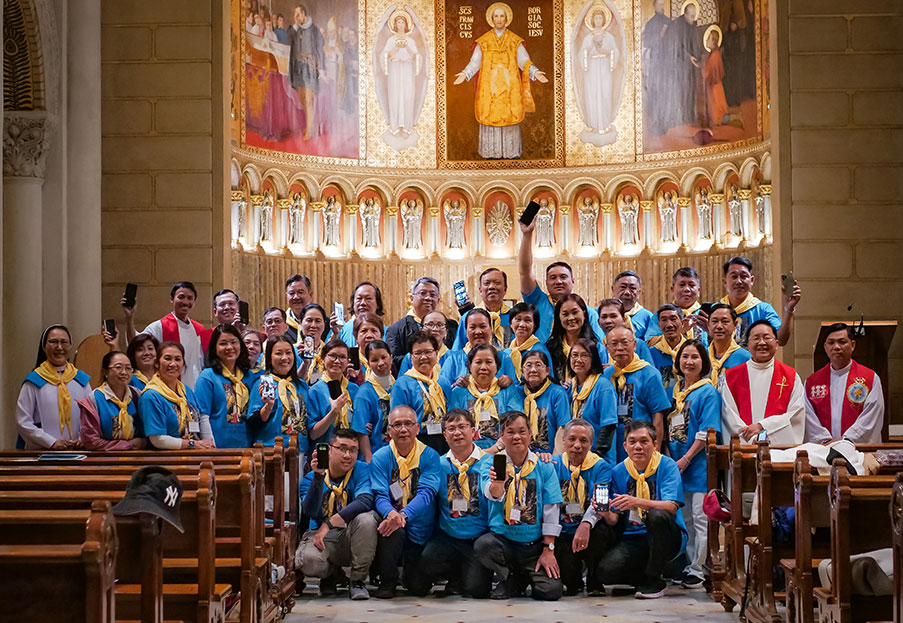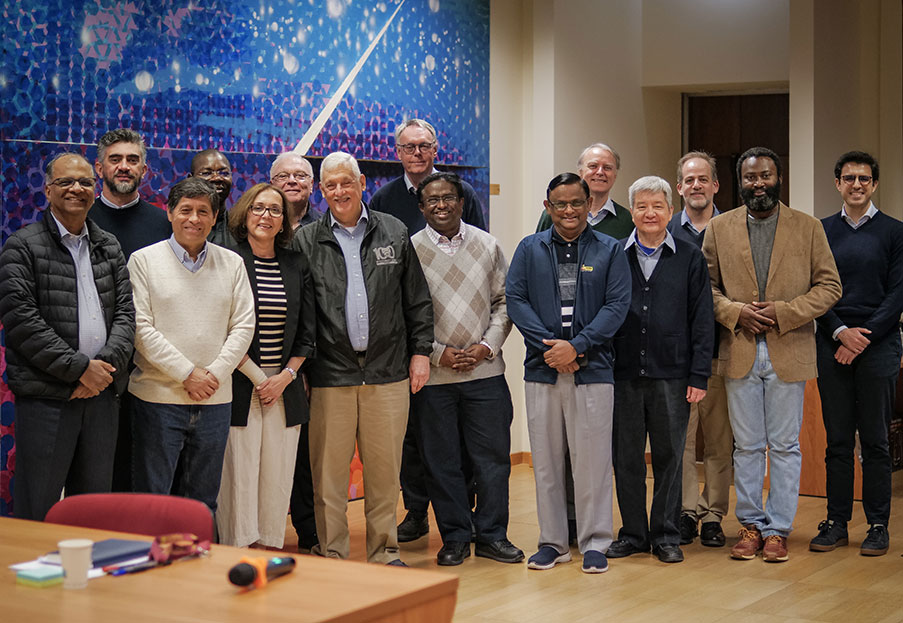Identifying the challenges and opportunities of secularisation in the post-modern era
By Bruno Pazzi
Assistant to the Secretary for the Service of Faith, General Curia
JCEP Spirituality Delegates Meeting at the General Curia
The first meeting of the Spirituality Delegates of the Jesuit Conference of European Provincials (JCEP) took place at the General Curia, January 23-26, 2023. It was an opportunity for them to get to know each other and identify their strengths, weaknesses and challenges.
Many similarities were found, and therefore the space served as a sounding board for sharing resources, experiences and good practices. It was also seen that there are great differences between each Province, and that each one defines the role of the Spirituality Delegate in a singular and particular way, which made the contribution of each one to the whole richer.
The Delegates had the opportunity to have a meeting with Father General, who answered questions and also referred especially to the first of the four Universal Apostolic Preferences (UAPs), Showing the way to God through the Spiritual Exercises and discernment. The UAPs do not have a hierarchical order of importance, but we can understand the first one as the basis and foundation of the other three.
One
of the challenges facing the Society of Jesus in Europe is the emergence of new
vocations. “We need to pray more,” Fr. General said, because we must not forget
that “vocations come from God.”

One of the cross-cutting themes of the meeting was the challenge of Secularization, on which Cardinal José Tolentino Mendonça and the Secretary for the Service of Faith, James Hanvey SJ, spoke. Secularization is a challenge, but also an opportunity. The reality of secularization and multiple secularities is dynamic. If in modernity secularization was connected to the idea of faith in progress, science and technology, and tried to take the place of soteriological religious narratives (it was the secularization of the Enlightenment), in postmodernity there is a more contingent secularization, which does not seek the absence of religion but its cultural reconfiguration and the role it plays in public and private life. Many people in Europe show an inclination towards spirituality and spiritual life, without having a specific religious affiliation or even seeking it. They seek beliefs and practices that are to their liking. Some sociologists refer to this phenomenon as “cafeteria religion” or “church-free spirituality.” A kind of quiet nihilismalso emerges from it.
In
the context of this particular secularization susceptible to conversion, the Society
of Jesus sees that many people in Europe are coming to the Jesuit Spirituality
Centers, retreats and parishes. There is a great demand for the Spiritual
Exercises, not just from Catholics but also from members of other faiths and
people with no religious affiliation. Many men and women are in crisis (not
only lay people but also priests, religious, and nuns). We are not just talking
about a crisis of faith, but also a crisis of interiority and emotionality. There
is a particular desire for inner restoration through the Ignatian charism and
the spirituality offered by the Society through the Jesuits and the lay people
trained for it.










